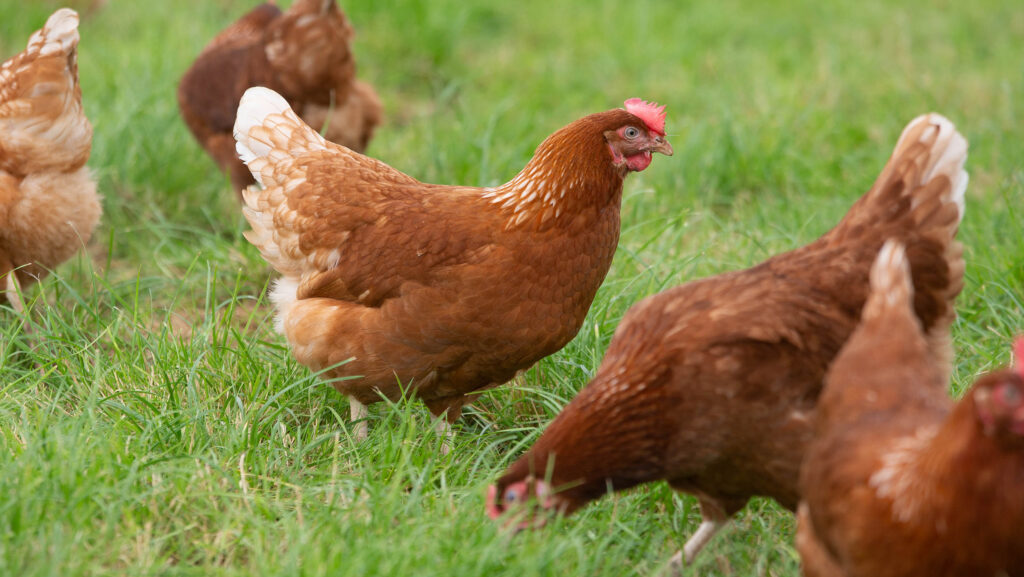Bird flu: Poultry farms offered flexible checks
 ©Tim Scrivener
©Tim Scrivener Poultry farmers impacted by avian influenza (HPAI) are being given a helping hand by RSPCA Assured through flexible farm assessments during outbreaks.
In certain circumstances – for example, where there’s a compulsory housing order or a farm is within a 10km or 3km avian flu control zone – alternative options to in-person assessments may be available, including virtual visits.
Seventy-four cases of the H5N1 strain have been reported in the UK this bird flu “season”, which has seen close to 2.3m birds culled to prevent the disease from spreading further.
See also: Surge in bird flu cases raises alarm across poultry sector
Allan Pearson, farming and technical engagement manager at RSPCA Assured, said:
“Sadly, increased avian influenza outbreaks have become a new reality, and we understand how stressful and worrying this is for our members.”
The farming and technical engagement team, he added, is on hand to offer advice and practical guidance to ensure members meet standards throughout an outbreak.
Exemptions
In some cases, members will not be able to defer their in-person assessment or receive a virtual visit, including new member applications; seasonal turkey production; members involved in active complaints or incidents and those with current sanctions in place or who have received sanctions within the previous two years.
All sites must be seen ‘in person’ either within the last 14 months or before they renew certification, whichever comes first.
Advice
When attending a site, RSPCA Assured assessors will follow each site’s specific biosecurity procedures alongside the scheme’s stringent measures, including:
- Using foot dips, sanitising facilities and wearing foot coverings
- Carrying FFP3 face masks and disposable gloves
- Vehicles parked on the main site will have wheels sprayed immediately after the last gate on leaving.
There are also proactive measures producers can take to improve flock welfare during a housing order, including:
- Putting extra enrichment inside sheds to help birds perform important foraging behaviours
- For laying hens and turkeys, scattering feed or insoluble/soluble grit on the litter can provide interest and stimulate natural foraging behaviour
- Checking enrichments are clean and have been stored under cover to avoid introducing avian influenza to the shed.
Further information about biosecurity measures, contingency planning and improving flock welfare during a housing order can be accessed on the RSPCA Assured website.
